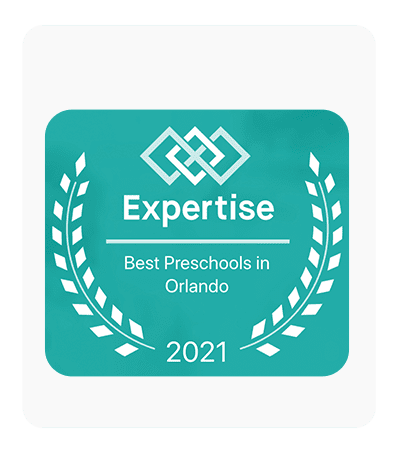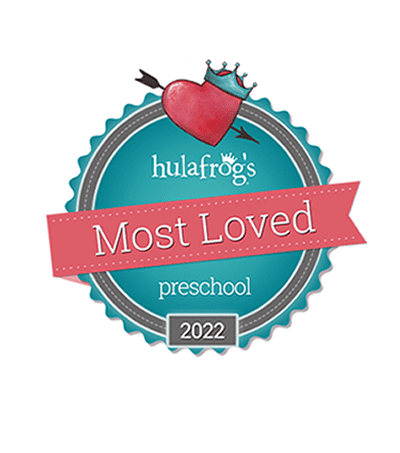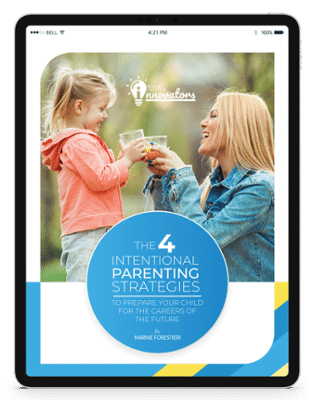Many parents are not only expected to ensure their children are still learning while preschools are closed. They’re also expected to work from home for their jobs. The pressure on parents is enormous. That’s where having a resource to help with lesson planning and learning activities for your child is helpful. Trying to plan out educational activities each day on your own can feel daunting with your long to-do list. We know because we are parents too. That’s why we created these free resources to support you during this challenging time. We hope you’ll find them valuable and helpful.
This week in the Childcare Experts Podcast we dive deeper into becoming a successful homeschool parent from an expert panel with Priscilla Algarin Muriel.

Here are some tips to set your home as a classroom
Turning your home into a classroom means providing a good learning environment for your child. It involves organization and building a relationship with your child.
Some ideas for things you might want to do include from Homeschool expert Priscilla Algarin Muriel:
1-) Set up an Environment for Learning
- Set aside a space where your child can do activities or set up a smaller table just for them in a quiet part of your home in the same room. Set up the proper space for both you and your child to get your work done.
- Be flexible with the schedules. There is a learning curve at the beginning but it will get better! Use your childs daily schedule as a guide. Communicate with your preschool to get an idea of what your child’s day normally looks like. If you don’t already have a schedule on hand, reach out to the school. Ask if they’ll share one with you. Try to model your day after the schedule that your preschooler is used to. This will make things feel familiar to them. And it will add some much-needed structure to days that can feel monotonous and long.
- Get ready to learn with a morning routine and include daily chores and packing lunches.
- Start with a morning ritual such as reading a book, reflecting on the previous them or sharing an experience from the start if the day. When we don’t give the attention they will interrupt you.
- Avoid distractions.
Try to keep your child in an area where they won’t get distracted by snacks or other things. This helps create a focused learning environment. The dedicated space described above can help with that.
2-) Organization– Prior to beginning your daily activities it would be appropriate to gather materials, and review the expectations with children.
- Make a plan Now that you have a schedule, plan out what youll be doing with your child each day and how to integrate that education with the work you might need to do from home for your employer. Integrate some time outside into the day. And consider some activities you can do with your child so that neither one of you feels lonely. Depending on how old your child is, you might also want to consider. Evaluate how nap time fits in with your daily schedule. Try to plan your outdoor time before nap time to help your child prepare for resting. And if you can, make nap time the hours when you get some of your work done. This allows you to give more attention to your child while they are awake.
- Shelves or cabinets can help you keep some structure in your learning activities. And if your child’s teacher sent them home with certain assignments, you can rest assured. You won’t misplace those assignments or packets that they provided.
- If you have books, learning toys and other supplies for educating your child, get organized. Have all the materials children will need at hand.
- Understand your child’s learning style to make a plan. When you have a child that needs more attention, make your child a helper.
- Parents can also supplement this process by reviewing instructions, and having materials organized in a manner that will support children’s ability to take things out and put them away easily and quickly.
- Do any assignments the teacher sent home Your childs teacher might have sent home some assignments for your child to complete to stay on track for the school year. These assignments ensure that your preschooler is working toward kindergarten preparation and learning the key lessons necessary to thrive in the following school year. Be sure to review any paperwork or information your childs teacher sent home in the early days of the school closure and stay up to date on information from your childs teacher via email or other communication methods. Ensuring that your child gets all the assigned work done first should be your primary goal before worrying about creating your own curriculum or activities for your preschooler.
3-) Build Trust- take time to give your children the vision of the project and the reason they are doing the activity. Children have to trust you to accept your guidance.
Dont forget to get some physical activity. In a school, children might have a gym, but at home, youll need to get more creative to ensure your child keeps moving throughout the day. Expelling energy is very important for helping young children learn how to focus and problem solve. Leave time in your day to go outside or do some jumping jacks indoors
Other great ideas from our curriculum team:
Balancing home life and your childs education If youre not used to being at home all day, the adjustment to balancing home life with educating your child at home can be tough. Youll see the laundry that needs folded, the ingredients ready for you to make dinner and that to-do list youve been wanting to check off for weeks now. During this time of being at home more, youll need structure and order just as much as your child. Create a daily schedule that leaves you time for doing schoolwork with your child, household chores, work for your job, physical fitness and more and date nights. While its tempting to use this time to sit back and relax, some structure will help you to thrive and not wish you had done more during your time at home.
Look for online resources Educators have come together during this difficult time to offer resources to help parents keep their children learning while out of school. Youll find many different resources and age-appropriate activities for free throughout the internet.
Read lots of books Books can transport you and your child to fun places of imagination and wonder. And if you have the time, you can even make-believe and act out your favorite books with your little one. Make memories that will last a lifetime while also continuing to educate your child from home. As you read to your child, point to different scenes and experiences on the page to help the book come to life.
Allow your child to ask questions as they inquire more about the story and learn about all that’s on the page. If you’re struggling to plan out activities you can do with your child, add in reading once in the morning and once in the afternoon. You can rent eBooks and read to your child from your computer or tablet. You’ll still get to experience the beautiful pictures and lively text that will engage and delight your child.
Go on virtual field trips Even though you are at home as we fight to contain the coronavirus and flatten the curve, you can experience some neat and amazing museums, zoos, and other places. Many sightseeing locations have opened their virtual doors to give parents something educational to do with their children.
Here’s a list of some of the fun virtual tours you can take of famous places. It’s a great opportunity to see and experience locations you might not otherwise get to see and experience.
Houston Zoo live animal cameras
Yes, you will need to allow your child to enjoy some screen time to take these virtual tours. But when you sit down and take these virtual tours together, youll get the educational benefits. While that doesn’t mean you should sit in front of an iPad all day or allow your child to roam the internet alone. This is a great activity for you and your child to enjoy together.
Weekly lesson plans during COVID-19 You might not have a background in education, but we believe fully that you can use our lesson plans to create an outstanding experience for your child during this challenging time. Even in the classroom, we believe theres a power in partnering with families to take everything the child is learning in the classroom back home with them after the school day ends. Weve always seen the impact and importance of the involvement of families. Thats why we know parents are ready to take on this challenge of serving as your childs main educator.
Set a reminder on your phone and make plans to join us every school day at 9:30 a.m. on YouTube. And dont forget to subscribe to our mailing list to get our weekly lesson plans each Sunday. During this time, well provide you with everything you need to know to educate your preschooler at home.























